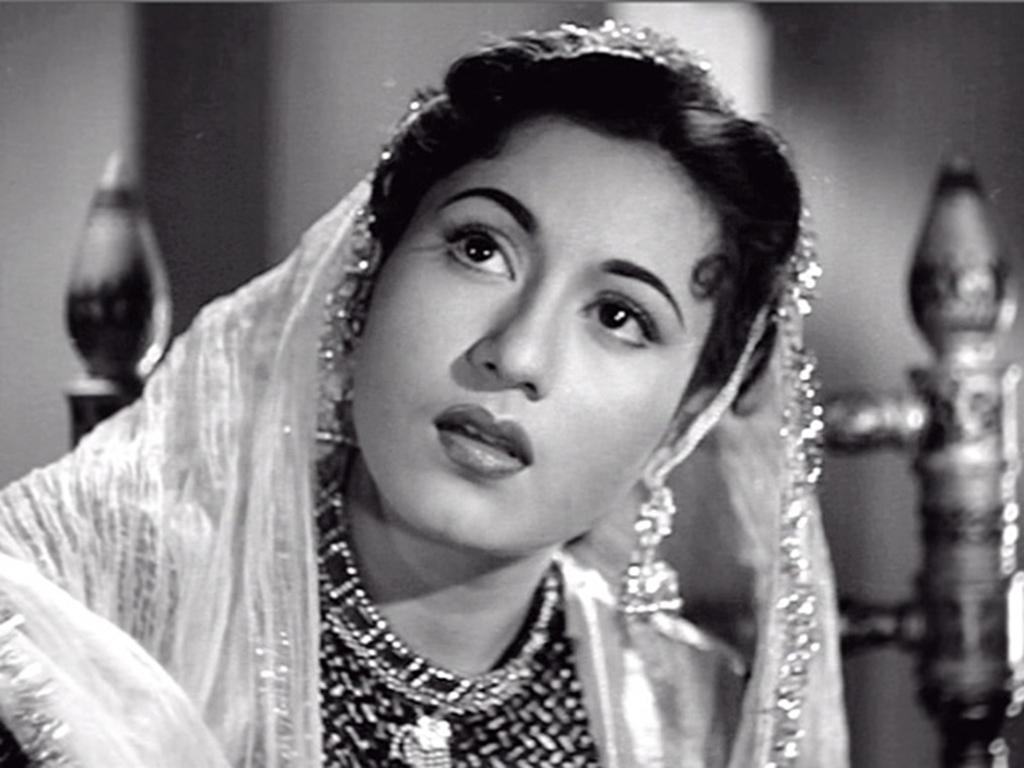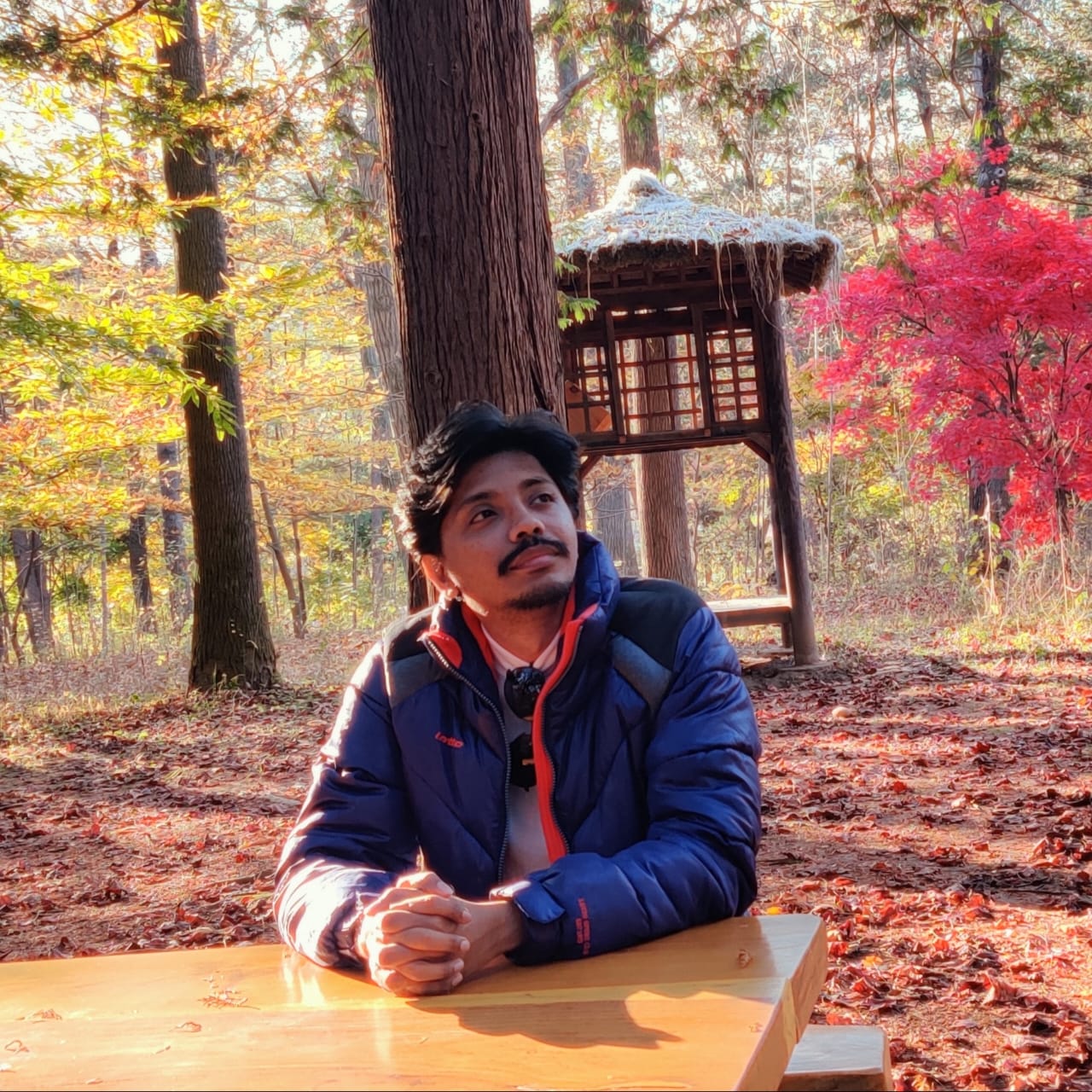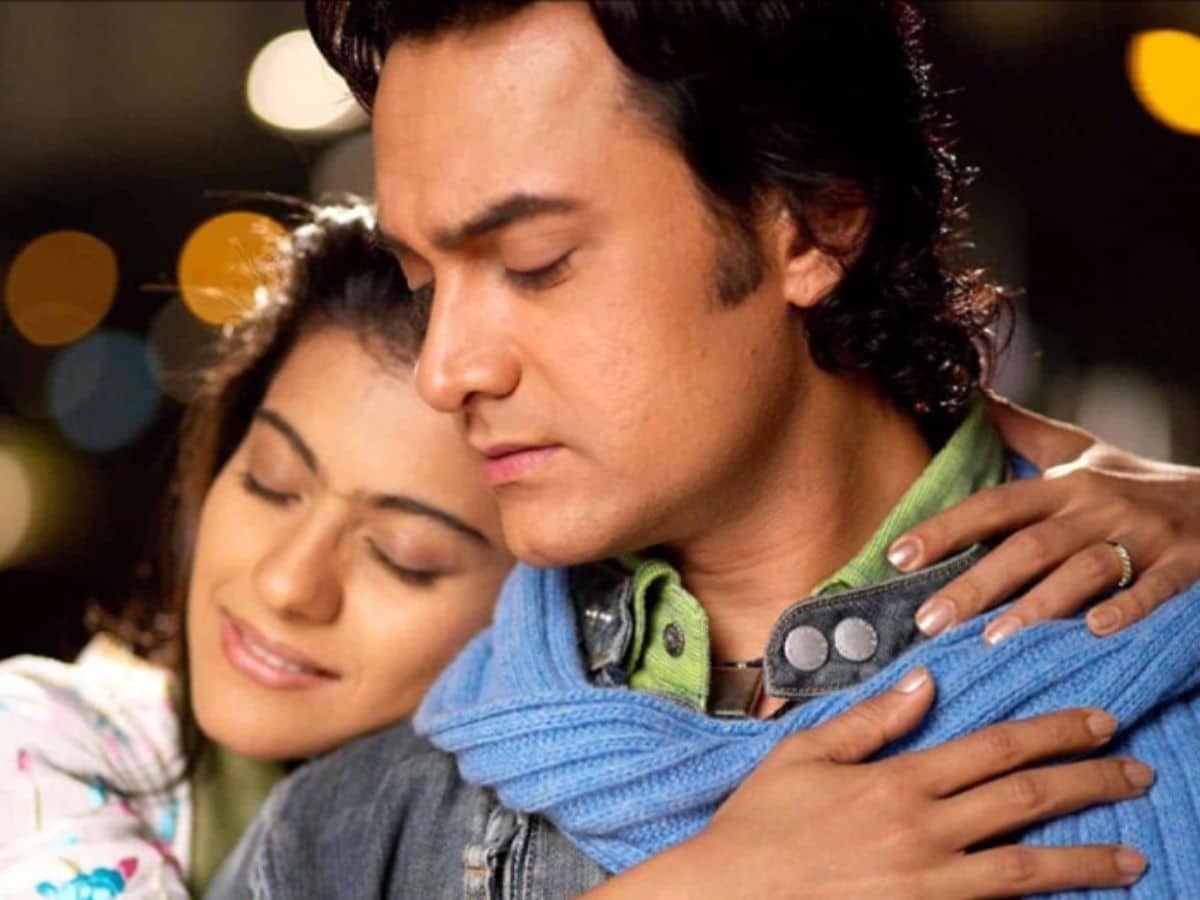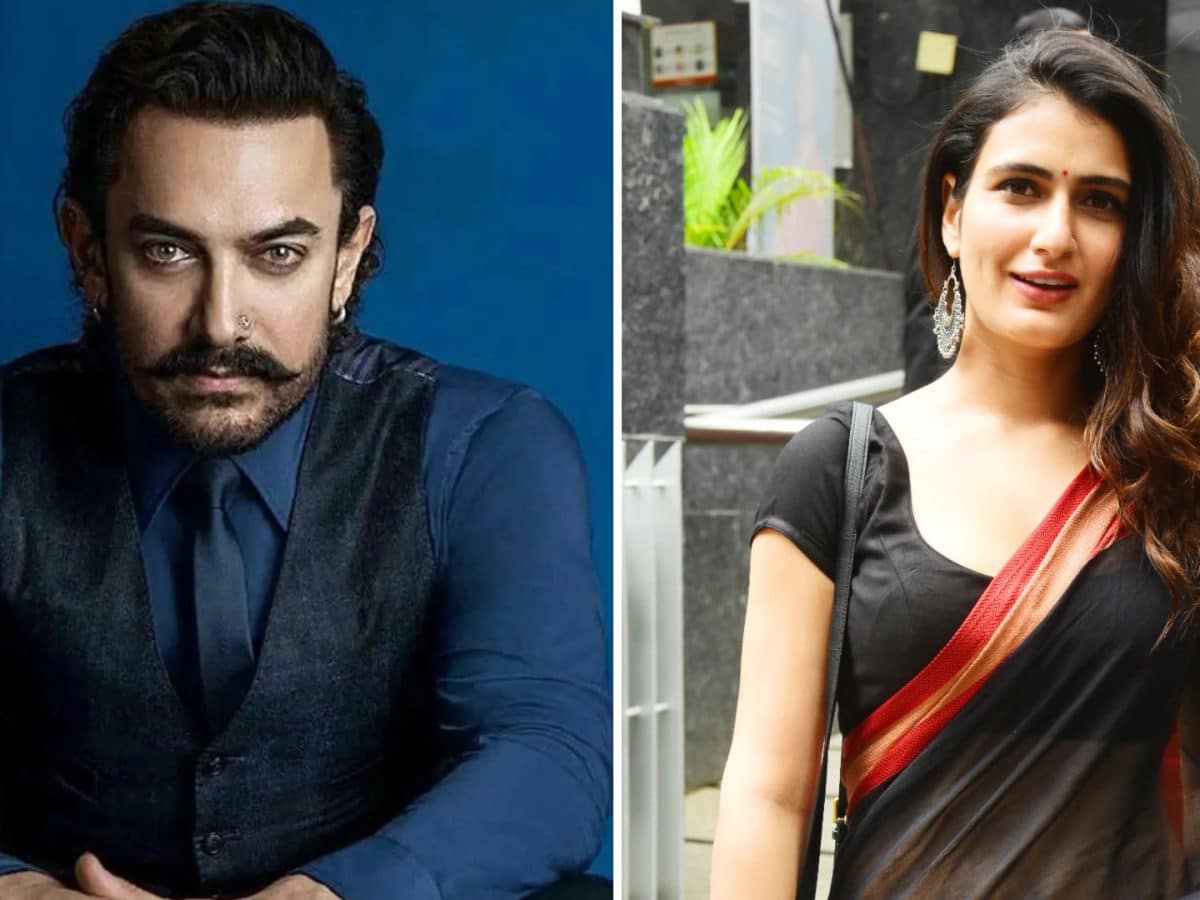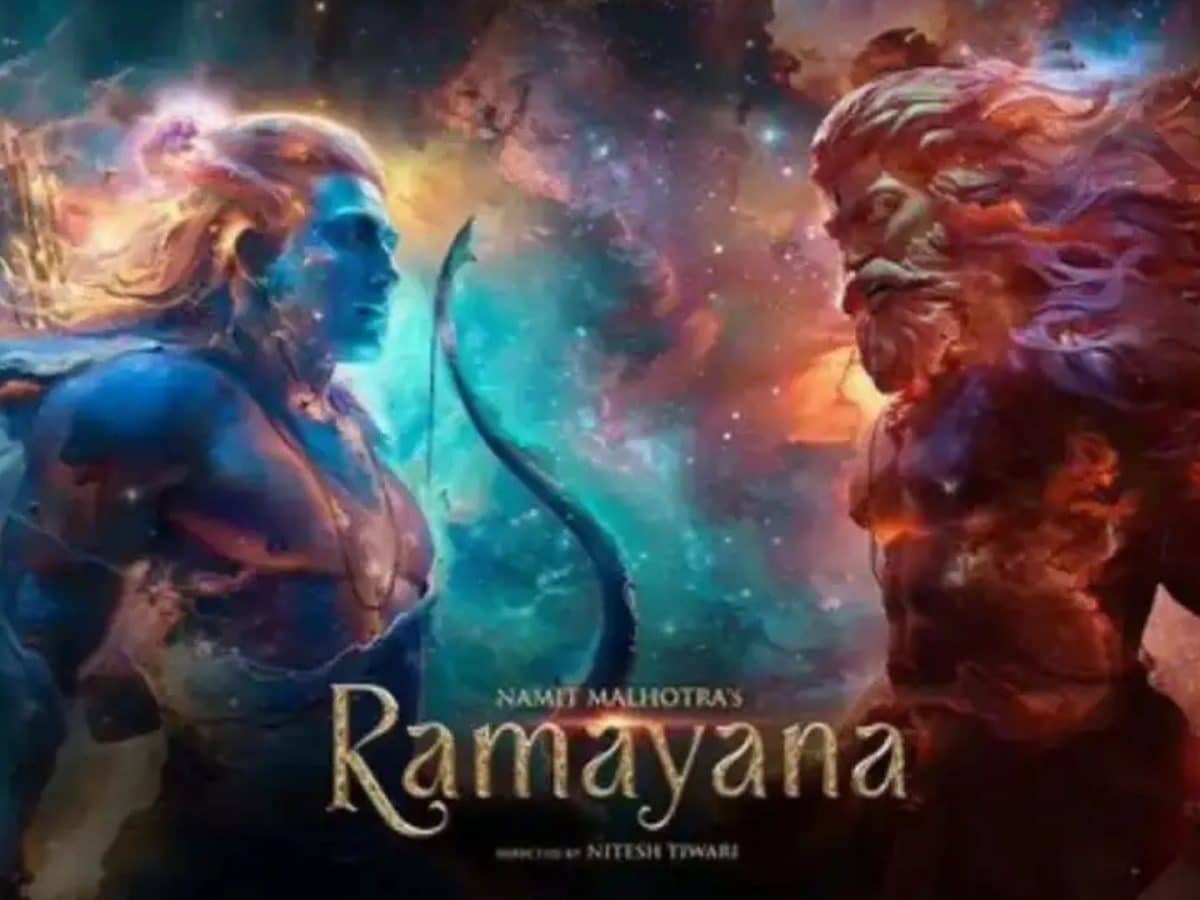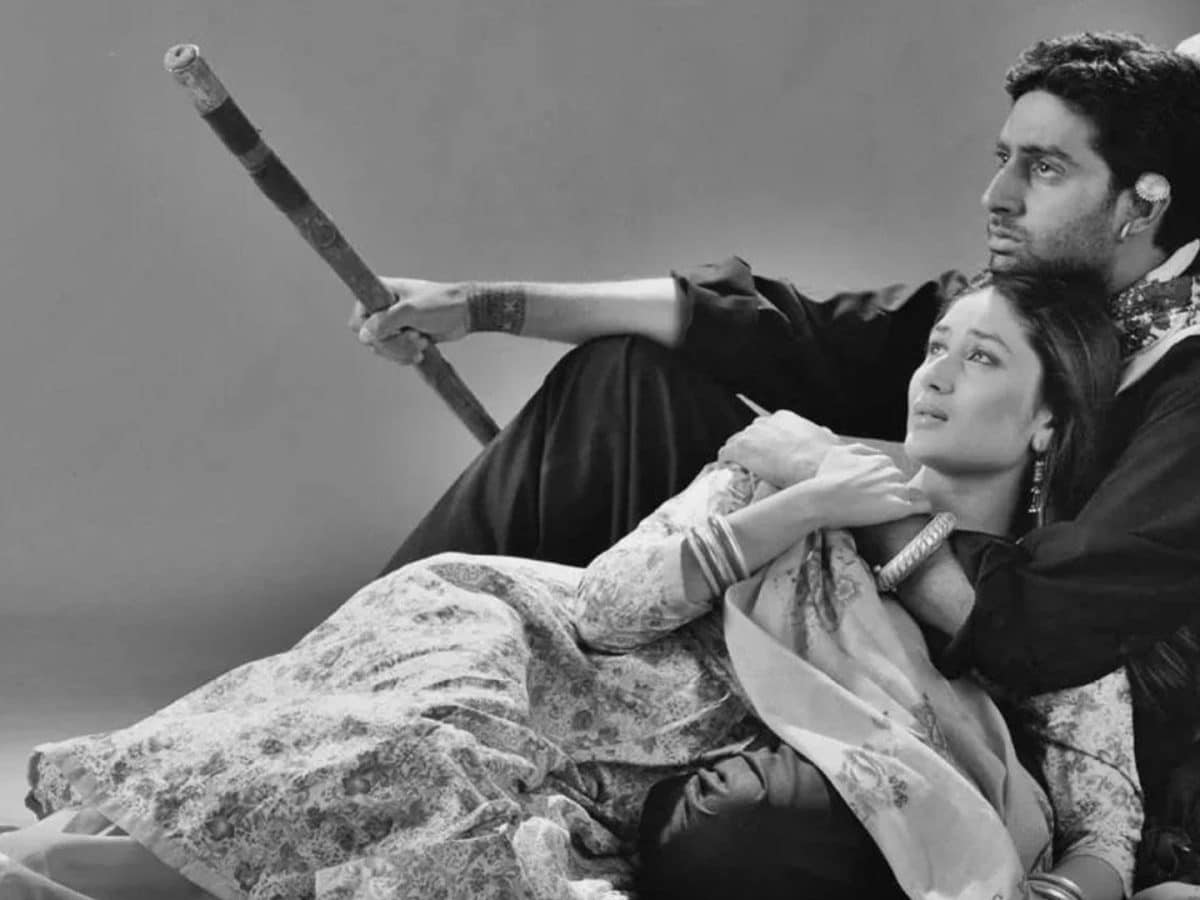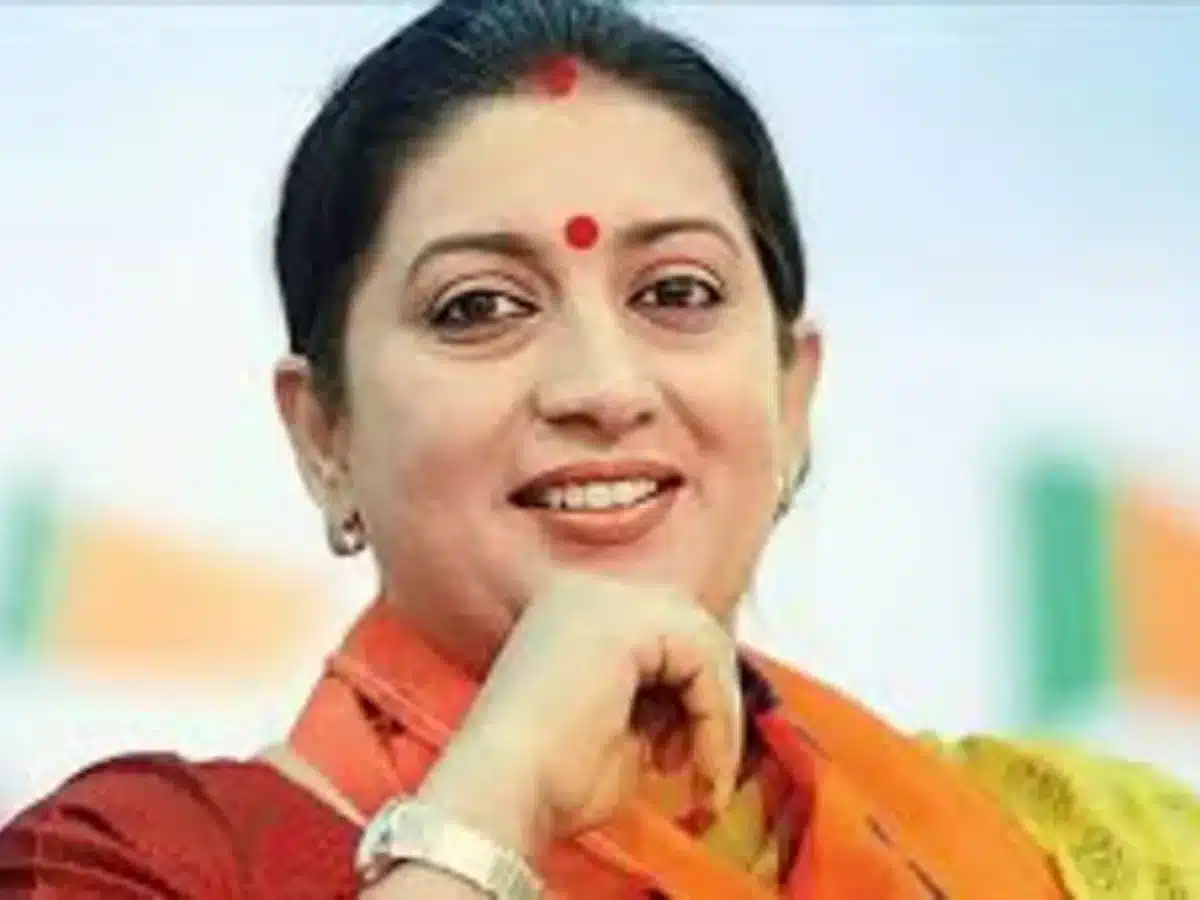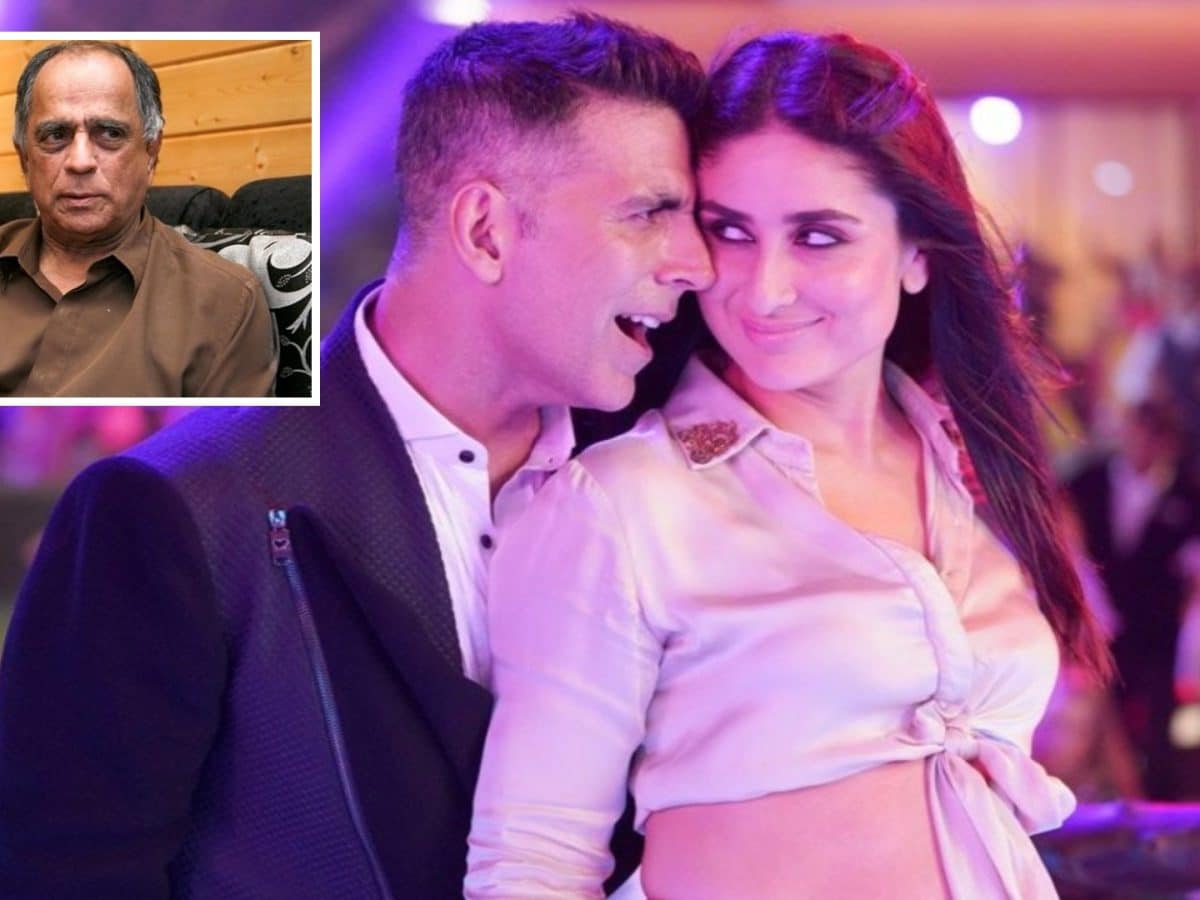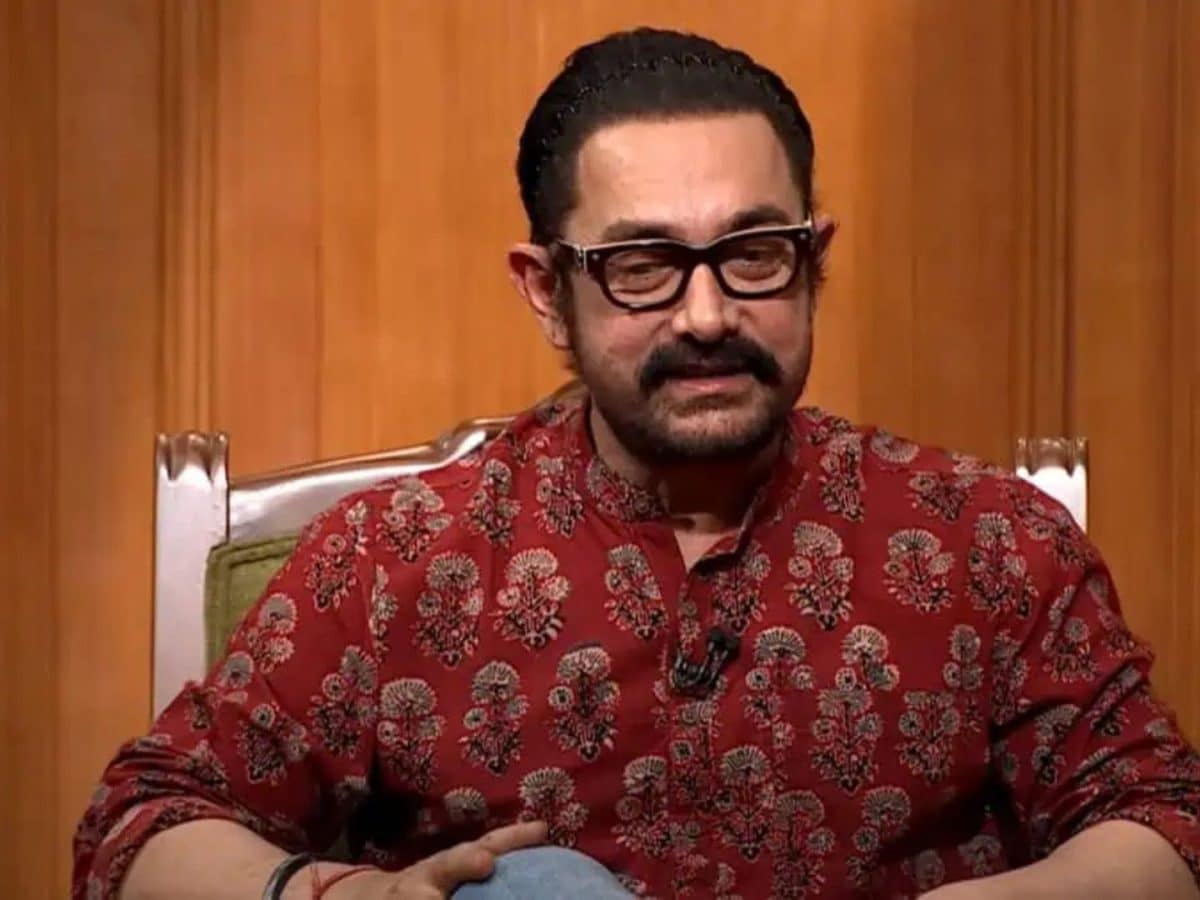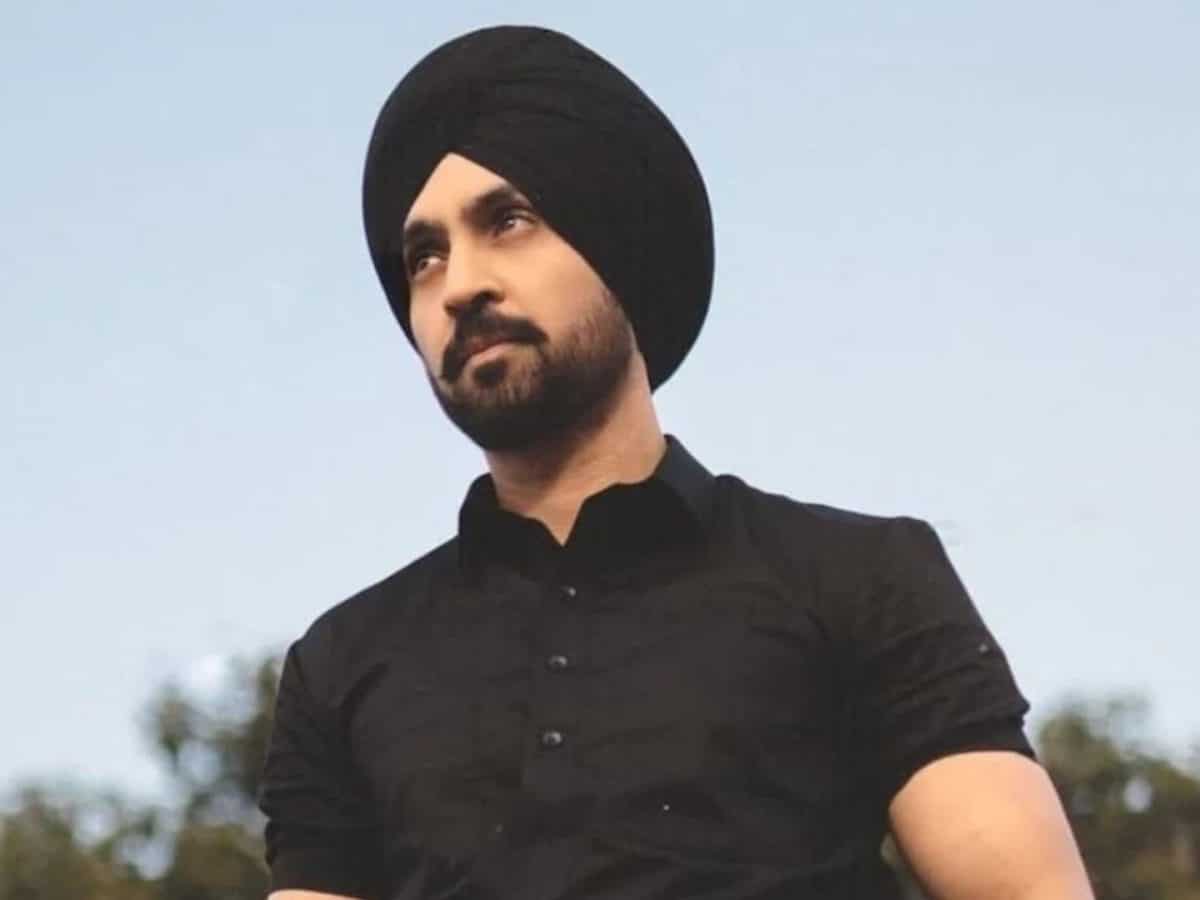The last few weeks have been unprecedented protests in India against the Citizenship Amendment Act (CAA) a controversial piece of legislation that gives citizenship to persecuted minorities in three countries – Pakistan, Bangladesh and Afghanistan – with the exception of Muslims. This led to a lot of protests from university students and civil society activists and general people who find the Act discriminatory and against the secular ethos. Bollywood was criticised for its silence through a number of actors such as Farhan Akhtar, Alia Bhatt, Manoj Bajpayee among others gradually spoke up.
Now, one more outspoken actress has decided to share her views – but in favour of the government. Celina Jaitley has studied the Act in consultation with lawyers and she feels the protests are misunderstood. The actress, who is a vocal LGBTQ activist and is quite politically aware, explains her stance in this interview
Celina, I believe you have studied the controversial CAA closely?
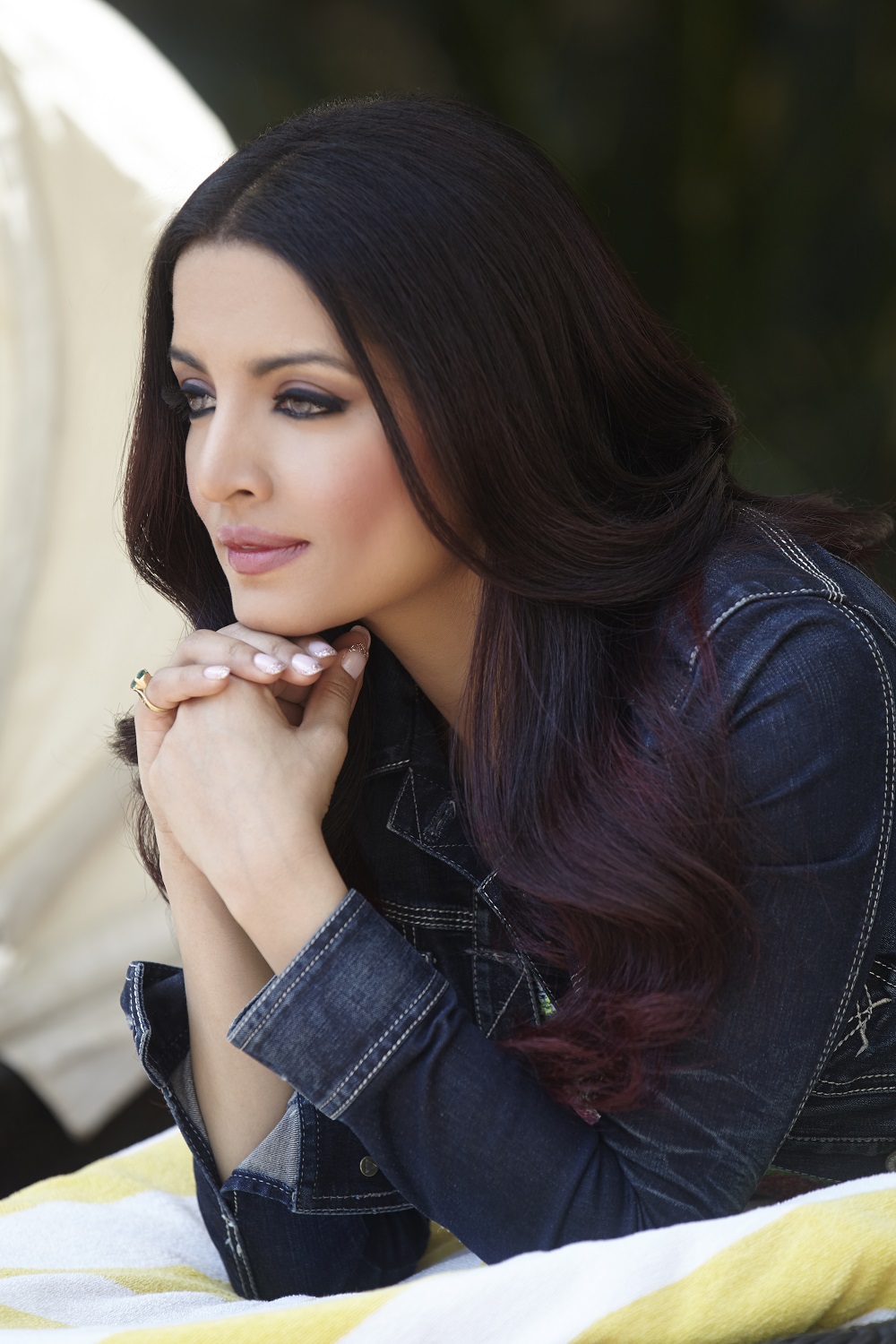
Celina Jaitley
Yes, I know what it is all about. In our country, most protesters have jumped to conclusions due to political manipulations and causing unnecessary unrest within our country. My understanding of the whole situation is pretty pragmatic having consulted with various legal personalities. I do not want to hurt anyone’s sentiments, for me humanity is above any religion, but I guess some clarity on the current situation is needed.
So tell me, does the Citizenship Amendment Act 2019 affect existing Indian citizens – Hindus, Muslims, anyone?
No. It has nothing to do with Indian citizens. It has to do with refugees who have come to India escaping religious persecution in Pakistan, Afghanistan and Bangladesh only.
To whom does it apply?
Only to Hindus, Sikhs, Jains, Buddhists and Christians from the above three countries who are facing religious persecution AND who are already in India before 1st Dec 2014.
In what way does it benefit Hindus, Sikhs, Jains and Christians from these three countries?
Their residency requirement for permanent citizenship in India has now been reduced from 11 to 5 years. Thus they can claim citizenship as a right under this law. Unfortunately, their major problem was that once these refugees reached India, they would continue to be looked at by the entire system including common citizens as ‘Pakistanis’ or ‘Bangladeshis’ etc! They had to endure many challenges and officially no government support could be given to them.
Does this mean that Muslims from these three countries can never get Indian citizenship?
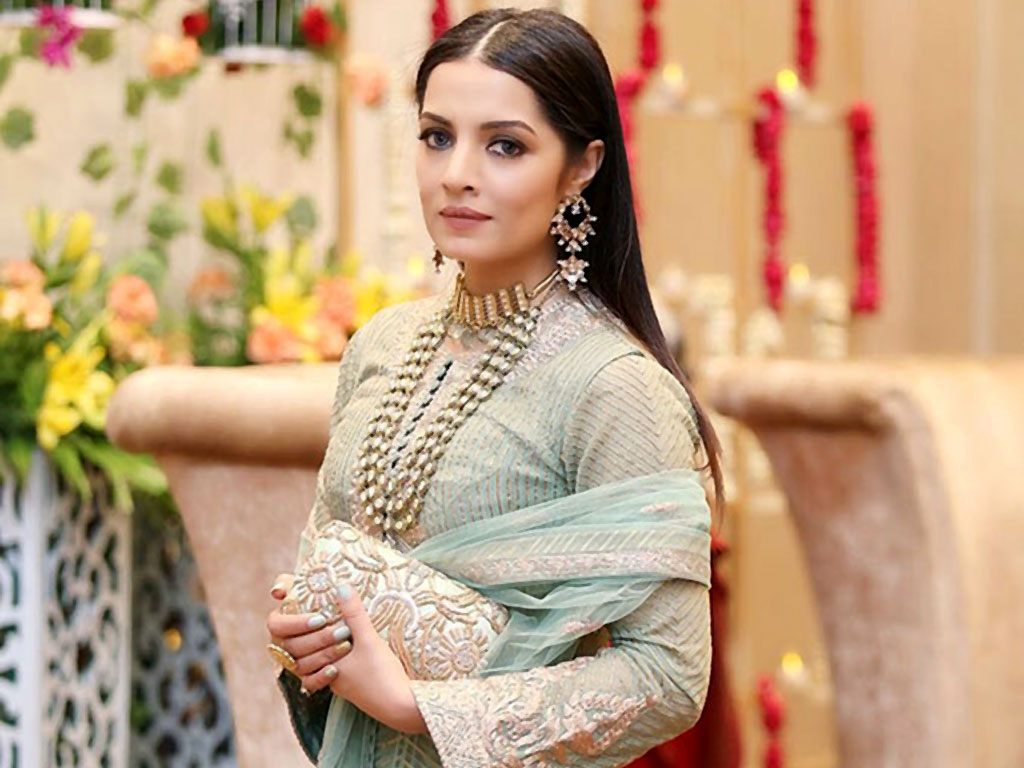
Celina Jaitley
No, it doesn’t. But they will go through the usual process of acquiring citizenship through the existing naturalization rules….11 years of residence etc.
Will illegal Muslim immigrants from these three countries be automatically deported under this bill?
No. For them, the existing usual process applies. Their application for naturalization may or may not be granted depending on their eligibility.
Can Hindus facing persecution in any other country apply under this law?
No. It is limited to the above three countries.
Does this bill apply to other forms of persecution – Political, racial, sexual etc?
No. The bill is very specific in its intent – to provide relief to Hindus, Jains, Sikhs, Christians & Buddhists facing ‘religious persecution’ in these three countries.
What about Sri Lankan Tamils?

Celina Jaitley
The war has been over for a decade now. In Sri Lanka, there never was any persecution on religious lines. It was on racial lines. And over the decades of civil war, the Sri Lankans have put an end to institutionalized discrimination of Tamils.
Doesn’t India have an obligation under the UN to take care of refugees?
Yes, India does. And it is not shying away from it. But it has no obligation to offer citizenship. Each country has its own rules for naturalization. India is not going to turn away other refugees under this law. It will play host to them under UN rules, in the implicit expectation that someday they will return to their homelands when the conditions improve. But in the case of Hindus from these three countries, this law acknowledges the reality that the environment of persecution in these three countries is never going to improve.
Why shouldn’t Baluchis, Ahmediyas in Pakistan not be considered for this hospitality?

Celina Jaitley
They are all Muslims in self-declared Islamic Republics. However, if these people come in as refugees, their case will be considered under the existing laws of migration and not under the special category. It may be known that a total of 546 Muslims of Pakistani origin were granted Indian citizenship since 2017!
Does any Indian Muslim lose his citizenship or become second class citizens?
No… Not at all. They continue to be valued citizens of India! In India, we do not have a concept of different classes of citizens.
Then why so much of violence making the country suffer irrespective of consequences for common citizens?
Any nation pays the price for having foolish and opportunistic leaders who only seek to divide own citizens for narrow political brownie points! We’re suffering from the same. By the way, this bill was in the Parliamentary Standing Committee since 2015. It was cleared thereafter due alterations in Jan 2019.



